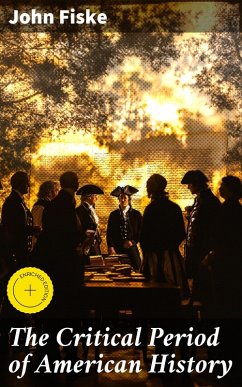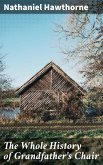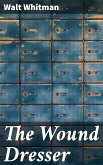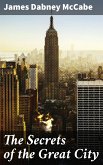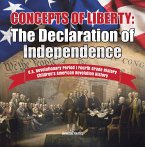In "The Critical Period of American History," John Fiske presents a meticulous exploration of the formative years of the United States following the American Revolution. Fiske's literary style is characterized by a blend of narrative history and incisive analysis, offering readers both the drama of events and the rigorous examination of political philosophy that defined this tumultuous era. The book situates itself within the broader context of late 19th-century historiography, reflecting Fiske'Äôs belief in progress and the inevitable triumph of American democracy, while also addressing the challenges posed by factions and regionalism. John Fiske, a prominent historian and philosopher, was deeply influenced by the intellectual currents of his time, including transcendentalism and the evolving understanding of American identity. His ambivalence toward the political instability of the post-Revolutionary period, combined with his passionate belief in democracy, drove him to illuminate this critical juncture in American history. Fiske'Äôs works frequently engaged with the philosophical underpinnings of democracy, making this analysis particularly relevant in his oeuvre. This book is recommended for anyone seeking to understand the complexities of American nation-building. Fiske's engaging narrative invites readers to appreciate the precariousness of democratic governance, making this work not only a historical account but also a timeless reflection on the resilience of democracy. For students, scholars, and general readers alike, Fiske'Äôs insights remain an essential part of the American historical discourse.
Dieser Download kann aus rechtlichen Gründen nur mit Rechnungsadresse in A, B, BG, CY, CZ, D, DK, EW, E, FIN, F, GR, H, IRL, I, LT, L, LR, M, NL, PL, P, R, S, SLO, SK ausgeliefert werden.

